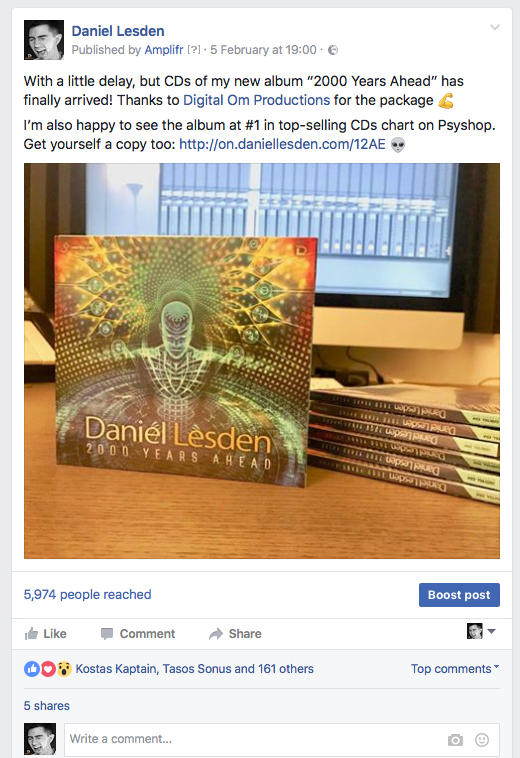Music standards
Every music genre has its own substandard. And it is very important to understand that there are no abstractly “good” and “bad” individual sounds or tracks, but there is a matching or failing to meet the standards.
Listen to these two audio examples:
Which one is better?
The answer is: it depends on what we’re trying to do and what problem we’re trying to solve.
Speaking from the point of the nature of sound, the second kick sounds excessively distorted, flattened, clipped and formally unusable. But suppose a producer has set a goal to release a techno track. In that case, that rough and formally useless kick is potentially more suitable for this purpose because in some subgenres of techno it is so accepted. In general, we often make the sound objectively worse so that subjectively it seems better to us and meets certain standards.
It is also essential to understand that such standards always change over time. The sound design, production techniques, and character of tracks that were relevant ten years ago are hardly the standard today.
Listen to a few examples:
In Techno:
In Progressive House:
In Psytrance:
Notice how the timbres of individual instruments have changed and how the tracks sound as a whole. Of course, music is produced now for all tastes, including music that sounds like it was ten or twenty years ago. Making ‘oldschool’ music on purpose is also fine if you understand what the musical standards were at the time and why you need to do it in the first place.
Does this mean that a young producer has to follow certain sound standards? Not necessarily at all. Anything is possible, including ignoring the standards at all, especially if you just make music for yourself.
Nevertheless, it is handy to observe the existence and change of these standards, both in order to follow them, if necessary, or vice versa, to know what to move away from.

